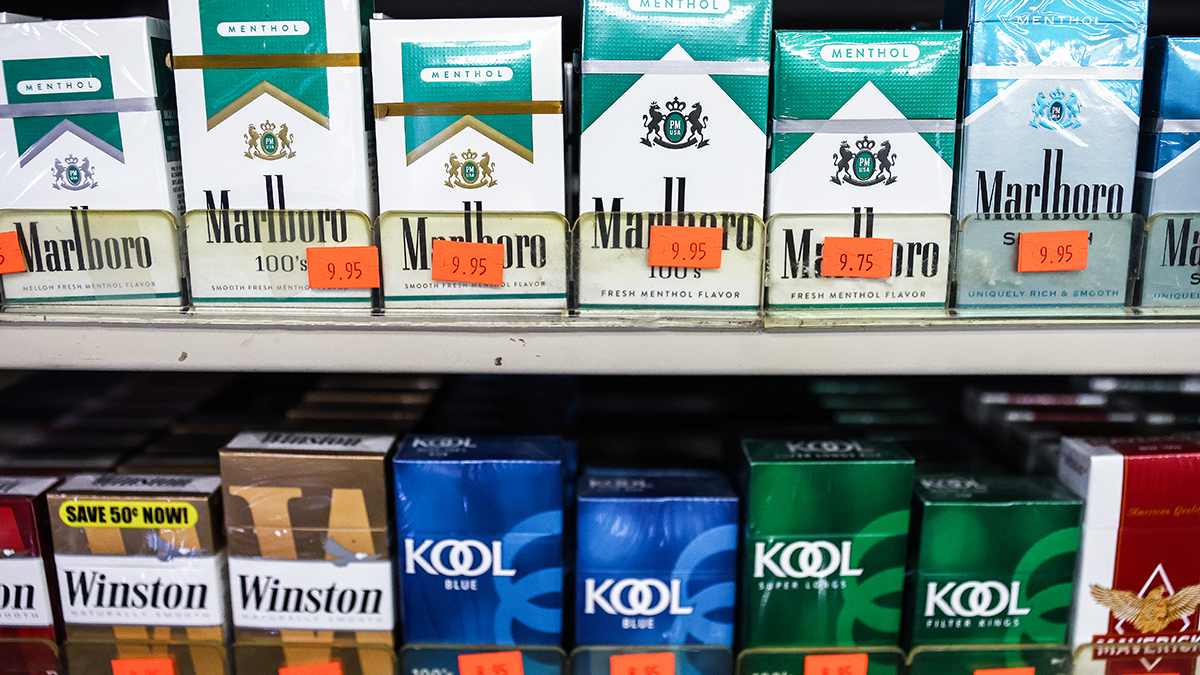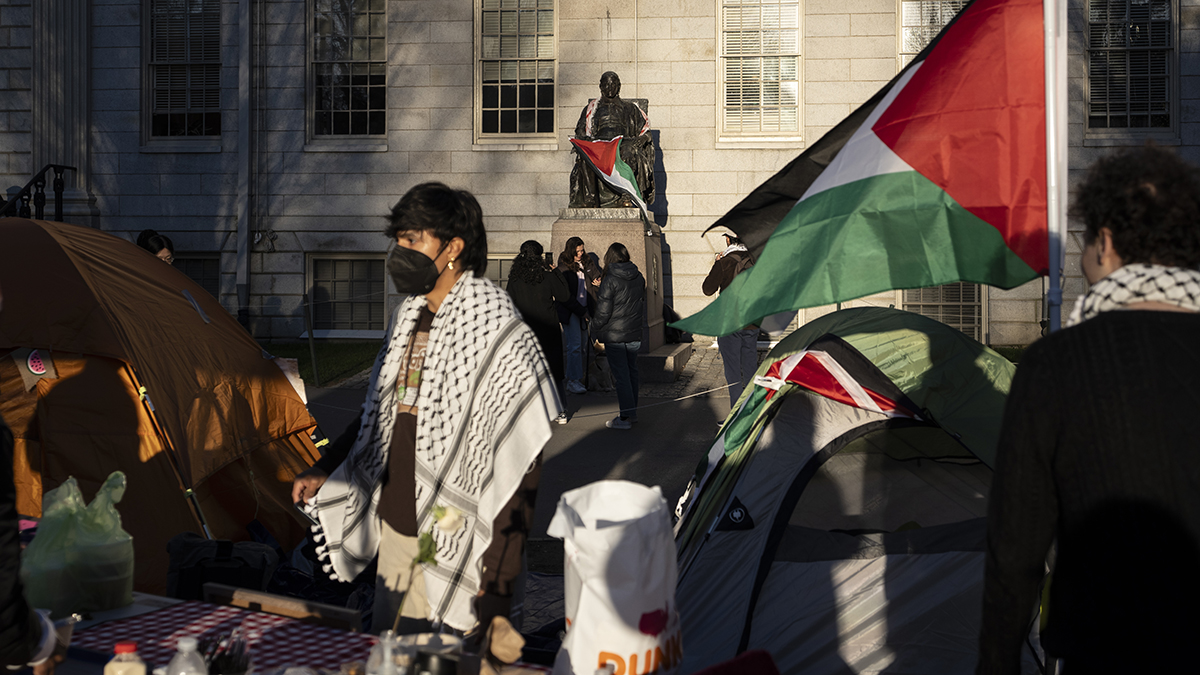In “The Impossible,” Naomi Watts takes on a role based on the real-life experiences of Maria Belon, the Spanish woman whose family was caught during a Christmas getaway at the center of the powerful tsumani that ravaged Thailand in 2004.
The details of what the Belons went through during the devastation that ensued is equal parts startling and disturbing.
Watts, who just earned Golden Globe and Screen Actors Guild Award nominations for her portrayal and is already on many critics’ shortlists as a serious best actress contender come Academy Awards time, reflects on how she brought the terrifying true tale of survival to life.
This film hits audiences on a very basic human level. As a parent, it must have been heart-rending to enact such an experience.
When my agent called and said there's this script about the tsunami, at first I was thinking ‘No, that's not sounding like a good idea. Is it just going to be a disaster movie, lots of screaming and flailing about in the water? Is it going to become spectacular? It doesn't feel right. In fact, it feels wrong given how many lives were taken.’
But then I heard that it was Juan Antonio Bayona, a director who's a proper filmmaker. So that peaked my interest, and then I read the script – and right from the first four or five pages I knew I was going to do it. It just felt incredibly truthful, and of course, I soon learned later that it was told from Maria's perspective and her family's.
There were plenty of extreme physical challenges for you in the role.
I knew it was going to be a tough one, physically – [working with] water always is, and it lived up to its reputation – but this story inside of the important, powerful disaster that took the lives of so many and affected the lives of so many was a really beautiful piece of intimate storytelling about family. So you forget. ‘Oh, this is going to be a hard day's work for six months’ – you push all that aside. I mean, When I finished ‘King Kong’ and it being so physically taxing on my body, I remember swearing off anything active or action-driven, but I guess you forget. It's sort of like childbirth, isn't it? You just go through it again.
Was there anything borderline scary that happened with the physical aspects of shooting the tsunami?
Yeah, the underwater scene: when you throw away the oxygen, you're on your own and you release yourself from the chair. Obviously, you want them to get the best shot, so you push yourself to the edge, and I always want to give the most I can give. I got to my limit and I started trying to undo the buckle, and I couldn't get out of the chair. In fact, the chair started spinning in the other direction, and I thought, ‘Oh, gosh, is the director trying to get extra fearful emotion out of me?’ And then the chair finally stopped, and I came to the surface [gasping]. Full of panic.
I got the teeny-weeniest little glimpse of what it's like to be holding your breath beyond what you're capable of or want to. Obviously, Maria went way beyond that stage and actually gave up. She wasn't fearful anymore or panicky. She just, went, ‘Okay – I'm being taken.’ But it filled me with panic and kind of rage. And anyway, it turned out it was just a technical problem.
How was your experience with the real-life Maria?
I was really, really dying to meet her, and I was quite nervous when it finally came about. I walked into the room and we just sort of shook hands. I'd been given a half-hour time slot, and I didn't know where to begin. ‘I'm just an actor, and I'm going to ask you a silly question, I'm sure of it, and look what you lived through and went through.’ So I just sat there and thought ‘I'll wait until she talks.’
U.S. & World
And then she started to well up, and as did I. It was like her whole story was told just in one look. Anyway, then we held each other – and I know it sounds really corny – but that's who she is. It's like she's living on a different level. If I met her today without knowing that she'd gone through the tsunami, I'd probably be intimidated by her because she has a different view on life. I'm just full of cynicism and slightly jaded. She just thinks life is extraordinary and just living every moment and without fear.
Was this one of the hardest films you’ve shot, because you had to focus on both the emotional and the physical elements at once?
That was sort of the second part of the film: the first part is all physical, and then it's lying down. I was worried about this because it's one position, and she's losing blood. She's losing energy, closer and closer to death, and how do you do a bunch of scenes where you're forced into one position? How do you make them different beats? But again, talking to Maria, she was never going to allow herself to face death until it was done. She wasn't dying until she was dead, basically. So she was still continuing to fight, and whether that came out, manifested in humor or telling her son to focus on other people. That was really important to her.
The relationship between Maria and her son was so delicate, and must have been quite a challenge to pull off.
Going back to why I wanted to do this movie was because of that relationship as well. It was such an intimate – and maybe because I'm the mother of boys, it really spoke to me. She had to go through something that no parent wants for their child, which is put herself in the responsibility, in the hands of her son. So he grew up in two days basically – yeah, an incredibly, incredibly difficult position to be in. I spoke with him. Maria was more articulate. He was very young. Maria was more open about it. Maria wrote long, long letters. A couple of times she was there, once in Spain, when we were in the water tank, and then the whole family came to Thailand. When she wasn't there, she would write endless emails about each scene. Every time we changed location she would talk in great detail about everything, so it was just incredibly helpful.
In some movies the makeup is all about enhancing your glamour, but that’s not the case here.
It's actually easier. I'm telling a story. It has to be truthful. There is no vanity. I think it's much harder with the pressure of having to look good. I remember one time someone came up while we were shooting a scene in the hospital, and I had the mask, and it was creating a double chin, and someone said ‘We should move that.’ And I was like, ‘Don't touch it!’ because I suddenly became reminded of my vanity. It aggravated me. And so what if there's a double chin? Do you think she's thinking about that at that point, or anyone else is?
Tom Holland, is just an amazing young actor. He steps up and goes toe to toe with you in every scene.
He blows me off the screen!
What kind of rehearsal time did you have with Tom to establish that relationship of mother and son?
We worked together for about a month – and hats off to Juan Antonio, because he really set a great tone for us by creating this space and room for us to get to know each other intimately very quickly. We basically did all these weird acting exercises. Some of them were goofy and had us in fits of laughter. Some of them were very emotional and had us wiping the tears and snot from each other's faces. We would improvise scenes. We would do the real scenes as per dialogue. It took three, four weeks. The first scene, I remember vividly: he had us sit in front of each other and draw each other. And I was like, ‘What is this?’ And then it was just like, it didn't matter what it was. It was just to sit and look at each other and be okay with that and be comfortable with one another.
The Golden Globes, hosted by Tina Fey and Amy Poehler, will be broadcast live on NBC Jan. 13.



